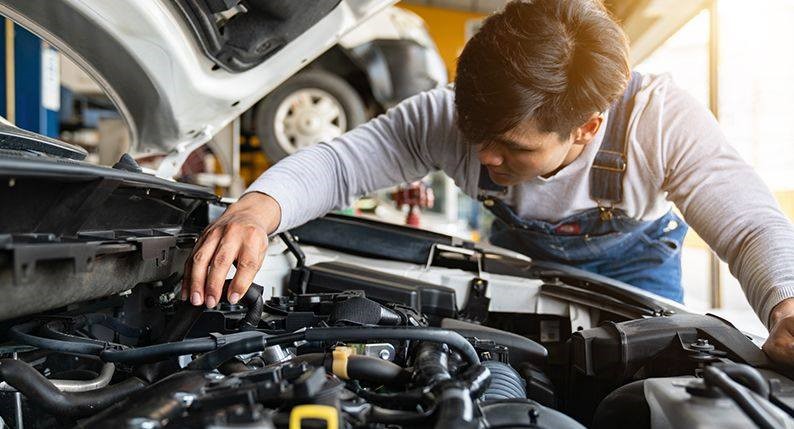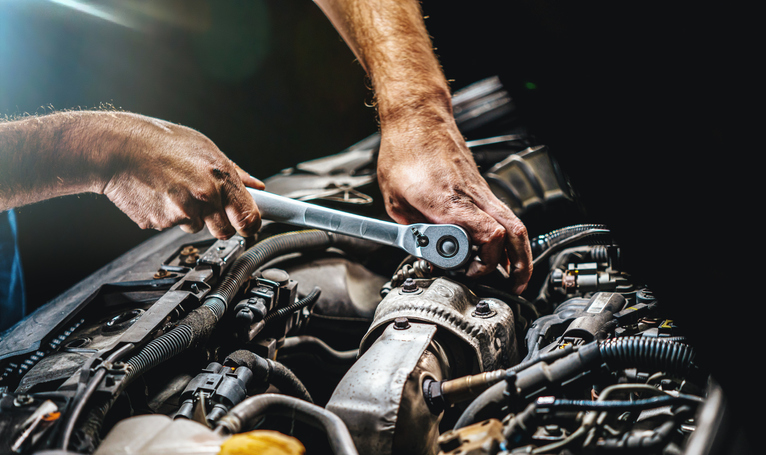Featured
EV batteries are big, complex, and include useful materials, making proper disposal and reusing crucial. The good information is that numerous fixing shops, in partnership with reusing programs, currently provide electrical vehicle battery reusing solutions.
![]()
Furthermore, the expanding number of electrical vehicles on the road has developed a pressing need for lasting services to take care of battery waste. According to sector forecasts, millions of EV batteries will certainly require recycling in the coming years, making service center an essential part of this ecosystem.
Manufacturer Collaborations: Brands like Tesla, Ford, and GM have established recycling campaigns, and certified repair stores connected with these makers typically facilitate battery recycling. Third-Party Recyclers: Independent service center often companion with companies concentrating on EV battery recycling, such as Redwood Materials or Li-Cycle, which concentrate on drawing out and recycling important materials from batteries. 3. How the Refine Functions. When an EV battery reaches completion of its lifecycle, service center take a number of steps to guarantee its appropriate recycling:
Evaluation: Service technicians examine whether the battery can be repurposed for various other uses, such as energy storage space systems. Disassembly: The battery is very carefully taken apart to divide recyclable products. Reusing Transfer: The dismantled parts are sent to specialized centers where metals and other materials are recouped for reuse. This process minimizes waste and makes best use of the value drawn out from made use of batteries, supporting a lasting EV ecosystem.
![]()
Federal government guidelines and incentives are additionally driving the growth of battery reusing framework. In areas like the EU and California, stringent guidelines on battery disposal make sure that fixing stores and makers take obligation for reusing efforts.
Final thought. Yes, service center providing electrical automobile battery recycling are coming to be increasingly common. These businesses play an essential role in producing a sustainable EV industry by guaranteeing that utilized batteries are recycled properly.
![]()
As even more service center embrace these practices, they not only add to environmental security but also improve the lifecycle of electric automobiles. For EV owners, looking for out repair service stores with recycling services is a purposeful means to support sustainability while maintaining their cars.
The future of EV battery recycling is encouraging, with repair work governments, makers, and shops collaborating to attend to the obstacles and build a greener tomorrow.
- Why Reuse EV Batteries? EV batteries are composed of materials like lithium, manganese, cobalt, and nickel-- resources that are limited and energy-intensive to extract. Reusing these batteries stops dangerous chemicals from permeating into the environment and reduces the need for mining brand-new resources. By recuperating these elements, reusing adds to the round economic climate and lowers the carbon impact of EV production.

Furthermore, the expanding number of electrical vehicles on the road has developed a pressing need for lasting services to take care of battery waste. According to sector forecasts, millions of EV batteries will certainly require recycling in the coming years, making service center an essential part of this ecosystem.
- Repair Service Shops and Battery Recycling Programs. Several forward-thinking repair service shops are tipping up to offer EV battery reusing solutions. These shops commonly function in collaboration with suppliers, specialized recycling facilities, or government-backed programs to make certain batteries are taken care of securely and effectively.
Manufacturer Collaborations: Brands like Tesla, Ford, and GM have established recycling campaigns, and certified repair stores connected with these makers typically facilitate battery recycling. Third-Party Recyclers: Independent service center often companion with companies concentrating on EV battery recycling, such as Redwood Materials or Li-Cycle, which concentrate on drawing out and recycling important materials from batteries. 3. How the Refine Functions. When an EV battery reaches completion of its lifecycle, service center take a number of steps to guarantee its appropriate recycling:
Evaluation: Service technicians examine whether the battery can be repurposed for various other uses, such as energy storage space systems. Disassembly: The battery is very carefully taken apart to divide recyclable products. Reusing Transfer: The dismantled parts are sent to specialized centers where metals and other materials are recouped for reuse. This process minimizes waste and makes best use of the value drawn out from made use of batteries, supporting a lasting EV ecosystem.
- The Role of Repair Work Shops in Promoting Sustainability. Service centers that use battery reusing not just aid lower ecological effect however likewise reinforce customer depend on. EV proprietors are extra most likely to select companies that demonstrate ecological duty. Some service center go a step additionally by providing motivations, such as discount rates on new batteries or services, to clients who reuse their old ones.

- Obstacles and Future Outlook. While battery recycling is growing, obstacles remain. Not all repair stores are geared up to deal with EV batteries because of their size, safety, and intricacy demands. However, as technology advancements and need for recycling rises, more service center are most likely to take on these services.
Federal government guidelines and incentives are additionally driving the growth of battery reusing framework. In areas like the EU and California, stringent guidelines on battery disposal make sure that fixing stores and makers take obligation for reusing efforts.
Final thought. Yes, service center providing electrical automobile battery recycling are coming to be increasingly common. These businesses play an essential role in producing a sustainable EV industry by guaranteeing that utilized batteries are recycled properly.

As even more service center embrace these practices, they not only add to environmental security but also improve the lifecycle of electric automobiles. For EV owners, looking for out repair service stores with recycling services is a purposeful means to support sustainability while maintaining their cars.
The future of EV battery recycling is encouraging, with repair work governments, makers, and shops collaborating to attend to the obstacles and build a greener tomorrow.
Latest Posts
Charming Wedding & Event Venue in Riverside – Canyon Crest
Published Jan 07, 25
1 min read
The Benefits of Professional Car AC Repair Services
Published Jan 07, 25
1 min read
Extravagant Custom-made Door
Published Jan 07, 25
0 min read